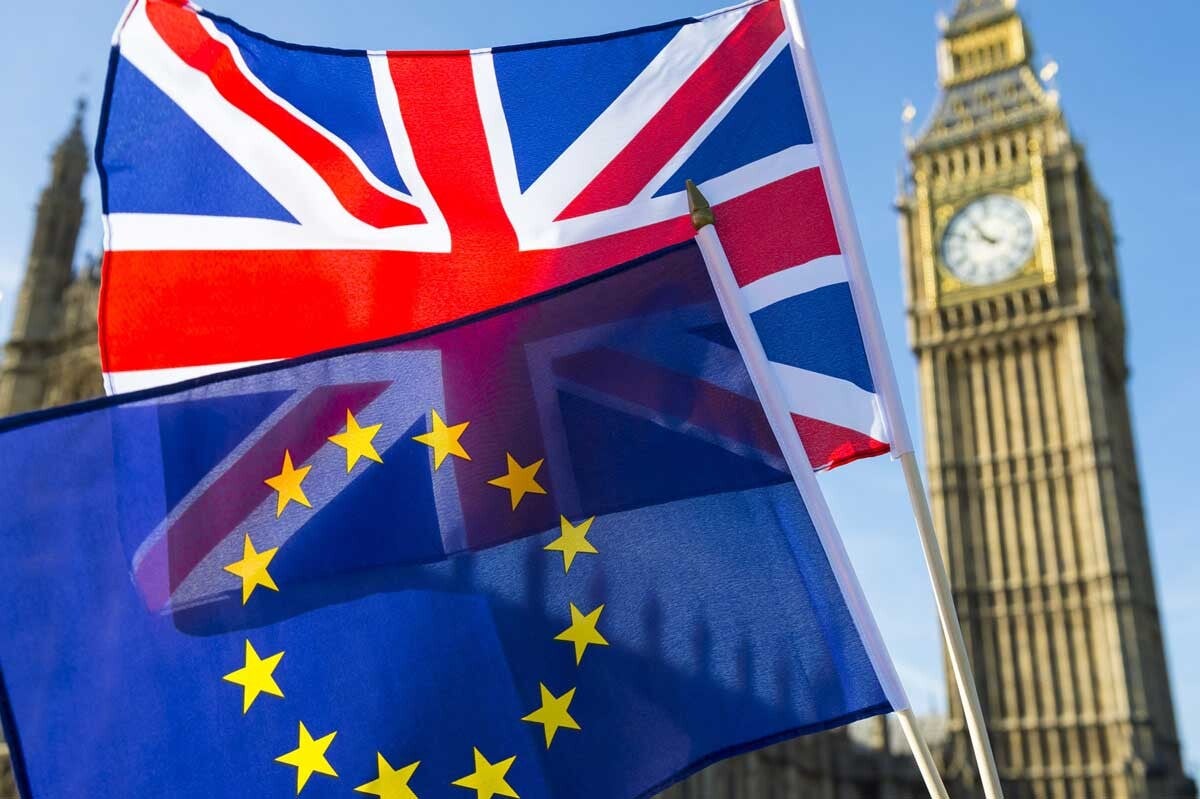
Background information
We pride ourselves having the privilege have been given the opportunity to conduct an interview with Mr. Unsworth concerning the UK and its role in the European Union.
See below the transcription of the conducted interview with Mr. Unsworth.
Hi, my name is Tim Jonkman i am 24 years old, originally i hail from across the ocean in North Holland Castricum, but for the past few years i have been able to call Leeuwarden my home. I like it here quite a lot so far, this “city” really has the “Towny” feel to (imagine Starshallow in Gilmore Girls) it is a city yes but it has the feel of a town where everyone knows one another. My contributions to this project have been the two interviews and the article about changing thoughts on Europe. I hope that the interview and the article of mine, but also those of my colleagues can help people have a more informed opinion about Europe and the European Union.
Tim Unsworth Interview Transcription
Tim Jonkman: (TJ)
Tim Unsworth: (TU)
In an exclusive interview, Tim Unsworth, lecturer in European Studies at the Thorbecke Academie in Assen and Leeuwarden, shares his insights on the possibility of the United Kingdom rejoining the European Union, the challenges the EU faces, and the future direction of European integration.
The Question of rejoining the EU
The possibility of the UK rejoining the EU remains a divisive issue. “It is a very contentious highly polarized debate”, Tim explains. “There are two fundamental questions: Does the UK want to return and would of course the EU even accept them back?”
Ever since Brexit, the UK has faced economic and logistical challenges. “Many British people were drawn to the idea of cutting financial ties with Brussels,” Tim says. “However they often forgot what they were receiving in return for those contributions” Brexit has led to Labour shortages emerging as a significant issue, particularly in agriculture, where seasonal workers from Eastern Europe once played a pivotal role. “Now, without free movement, the British agricultural sector is struggling” Tim notes.
Tim also touches on broader economic consequences, including inflation and trade disruptions. “Since leaving the United Kingdom has experienced increased border bureaucracy, which has slowed trade and raised costs. Many are now even questing whether Brexit was the right choice after all.”
Tim does though emphasise that any return would not be straightforward. “The United Kingdom would likely want the benefits of membership without all the obligations. They might seek full parliamentary representation but resist certain EU regulations. The EU however will not allow them to cherry pick benefits. If they want back in, they will likely have to commit fully”
Tim does not forget the EU her side, and states that accepting the United Kingdom is not a given. “Their reputation has been damaged by their departure”, Tim points out. “The EU will want to ensure that the UK is genuinely committed before considering their return. They may require the UK to accept stricter conditions than before”
Questions such as would the EU demand that the United Kingdom adopt the Euro? “The United Kingdom like Denmark sees its currency as a symbol of sovereignty. The Danes negotiated to keep the Krone when they joined, but they aligned with the European Exchange Rate Mechanism. The United Kingdom would have to determine how much sovereignty its willing to relinquish.”
Tim also discusses the role of the United Kingdom her financial sector. “London remains a major financial hub and the United Kingdom wants to maintain full control over its monetary policy. The EU prefers all members to adopt the euro for streamlined trade so this could be a major sticking point.”
Expansion of the EU
It was then that we started discussing the EU her expansion, Tim acknowledges both opportunities and challenges. “If the EU expands, it will likely be eastward, towards the Balkans and possibly Ukraine. However, Ukraine’s situation is complicated by geopolitical factors, including US policy under the Trump presidency. “
Tim also highlighted the numerous challenges. “The EU has gained influence on the global stage, partly due to geopolitical shifts. However, more members means more diverse interests, making decisions making harder. There’s an argument for pausing expansion to consolidate the unions existing structures.”
Tim mentions a quite controversial idea is a “Two-speed Europe” were the wealthier member nations integrate more deeply while economically weaker members remain at a different level. “That though would go against the EU’s core principle of unity” Tim warns. “Instead of united in diversity we would be united in wealth and divided by wealth”
Tim also mentions that EU also faces internal challenges, particularly from its member states that do not truly adhere to its democratic principles. “Some nations are undermining the EU’s legitimacy by not following the rules. But what can there actually be done? With veto powers, they can block actions against them.”
Tim refers now to recent developments in our own country, the Netherlands, where parliamentary consensus led to border restrictions with Germany. “The Dutch took action for specific reasons, but it raises concerns that other nations may follow justification.”
Opinion about the possible future of the EU
Ultimately, Tim believes the EU her future depends on public perception. “People need to ask the right questions. Sovereignty is deeply emotional many of course fear losing their national identity. However there is a contradiction, as some people want to kick out the foreigners but still make exceptions for individuals they know personally … for it is never as black and white as they say.”
Tim concludes with an quote that reigned during Brexit. "A voter once said, I voted for Brexit but I never thought it would actually happen, that statement that just captures the unpredictability of public sentiment. The Future of the Union and its relationship with the UK remain uncertain shaped by both political decisions and the ever developing views of its hundredths of millions of citizens.”